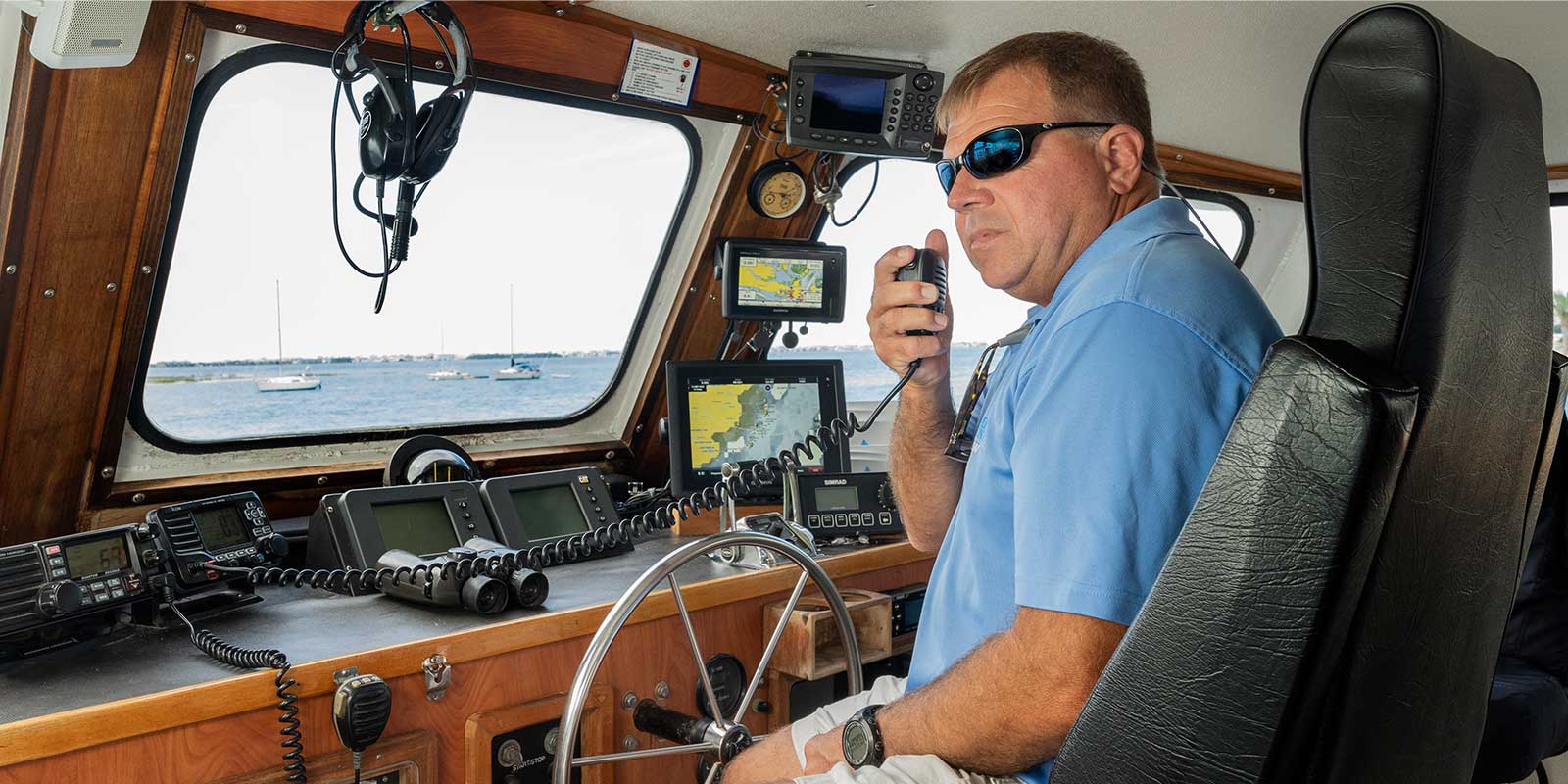***** I am new to ScubaBoard and am not sure if this is the correct place to post. I am just trying to gather information from well trained divers looking to help a new diver! Thanks in advance! ****
Hello all! I'm getting my scuba license in a month from now and had a bunch of questions related to health and diving!
26 yo Female 240 lbs 5'5
****Just to preface, this is a life long bucket list thing of mine to do since I was a child. I do not think I will be actually diving any time soon or ever for that matter. The certification in purely out of personal interest and knowledge / curiousity. That may change but as for now, this post is in regards solely to my cert. Thanks!

Question 1:
I saw you should not dive with high blood pressure. I currently am NOT taking medications for high blood pressure but tend to have an elevated BP when at the Drs office or checking via Walmart BP kiosk. They say it's not high enough to be an issue currently. But how does that transfer in the realm of diving. I took my BP earlier this week and got a normal reading of 114 / 80. However, yesterday it was 130 / 86. It fluctuates quite often. I have been working hard to lose weight and am down almost 20 lbs already for my cert and hoping the weight loss would have helped to lower it.
****** For background: I was in the ER months ago for almost fainting at work. It's been an ongoing issue since covid. I was told my EKG was "not normal, but normal for me compared to prior readings" and was told to follow up with a cardiologist to get a Zio patch. I don't have insurance so that's postponed. However, I was cleared saying nothing is life threatening. Not sure what to make of that.
Question 2:
Gerd. I have esophageal spasms and regurgitation. My last spasm has been at least 6 months but I do have frequently regurgitation after large meals or if I eat on a empty stomach. It comes up quite easy and never hurts. I had an endoscope and was cleared as well saying everything looked normal. I was prescribed Omeprazole and haven't been taking it until this past week. Again, hoping to get some consistency before my cert. I don't believe it's consistent enough to cause issues but am unsure of this most.
My open water dives are at a quarry that has a max depth of about 40-50 ft. I am just looking to make it through this certification. My doctor explained that he himself is unfamiliar with diving and therefore cleared me allowing me to decide. I don't have insurance to see a specialist in the matter currently. I am looking for just general information and opinions in the matter. I am completely new to diving and never realized how much went into it prior. I want this so badly for myself but also understand the risk factors.
*** I know this is long. So sorry! Any help though would be greatly appreciated!

 dan.org
dan.org

 dan.org
dan.org




